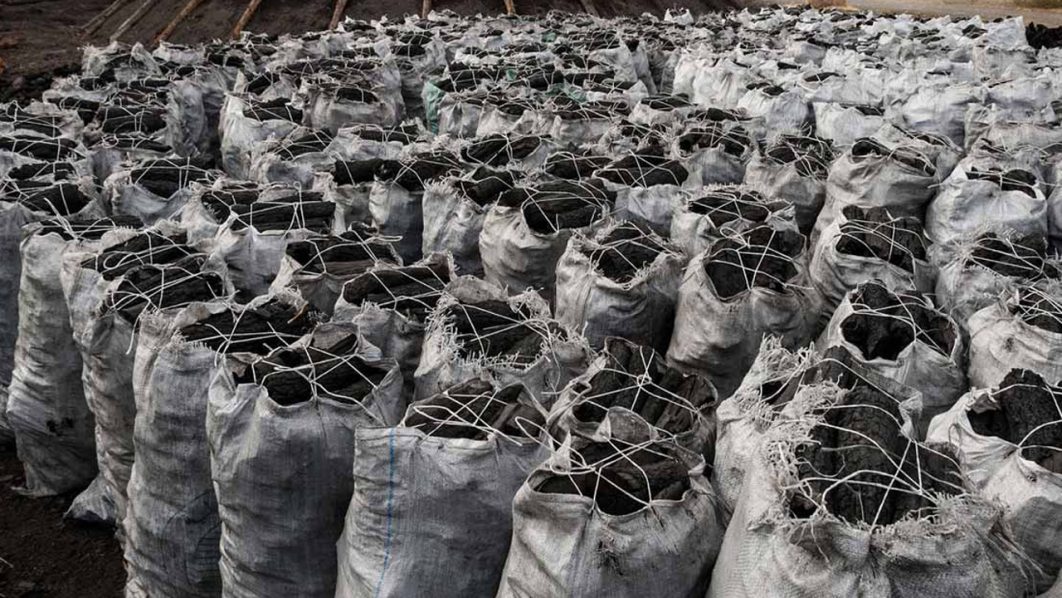
The Federal Government has reviewed its ban on charcoal export, placed suspension on the exportation of processed wood and other allied products.
The Convention on International Trade in Endangered Species of Wild Fauna and Flora (CITES) Standing Committee had in 2018 suspended commercial trade in the African Rosewood (Millettia laurentii) from Nigeria for authorising over 180,000 m3 of the precious timber to China and Vietnam.
The suspension from CITES primarily informed the decision of the former Minister of Environment, Dr. Muhammad Mahmood Abubakar to place a ban on the export of charcoal and suspension of the export of processed and semi-processed wood in 2018 and 2020 respectively.
In response, the Federal Government imposed a levy of N200, 000 on every container of Rosewood export with a view to ensuring proper regulation of the export.
The levy for fully processed wood and charcoal attracted levy of N100, 000 and N75, 000 respectively. The levies are meant to raise funds for re-forestation, while discouraging deforestation.
In a statement last week, Abdullahi disclosed at the Stakeholders’ Consultative in Abuja that the activities had destroyed the nation’s rich biodiversity at yearly rate of 3.5 per cent forest loss.
They found that businessmen and foreigners have continued to engage in illicit act at local, state and federal levels, thereby worsening the situation.
According to him, Nigeria has witnessed more deforestation than when the ban was not placed, resulting in loss of forests without commensurate regeneration and its attendant effects such as loss of wildlife, loss of legitimate jobs and income in the forestry sector and loss of government revenue.
“The illicit act is made possible because of our porous land borders, inadequate plantation establishment by the wood and charcoal exporters, perception of forest resources as free gift of nature and shortage of forest guards to protect the forest. These caused loss of billions of naira revenue yearly.”
He further explained that the outcome of previous review workshop leaves the ministry with no choice than to review the policy in view of the willingness of key players to abide by agreed terms to attain sustainable management practices in the forestry sector, while carrying out controlled and legitimate businesses.
Similarly, the minister stated that they have put in place a number of stringent measures to stem the current tides and ensure Sustainable Forest Management practices, such as the establishment of the Joint Task Force, National Forestry Trust Fund and Nigeria Timber Legality. Others, he continued, included Inter-Ministerial and Inter-agency National Stakeholders’ Forum on the Fight against Wildlife and Forest Crime in Nigeria (including National Elephant and Ivory Action Plans), Revised Guidelines on Export of Wood and Charcoal, increased afforestation programme across the states.
Abdullahi, therefore, urged all to join hands with the government in the task of re-generating the degraded land across the country, combine efforts with government to avoid harvesting endangered species, logging from protected areas and apprehending illegalities in our forest for necessary action.
“The disposition decision taken is an opportunity for private sector to massively invest in plantations establishment for their own use in future. We implore all associations and individuals in this business to adhere to the Nigeria Timber Legality Standards and Guideline for Wood and Charcoal Export,” he pleaded.






